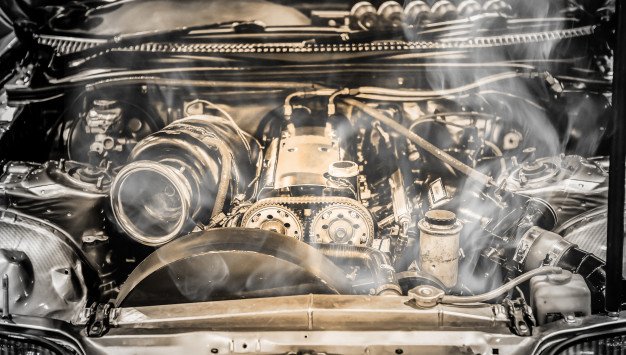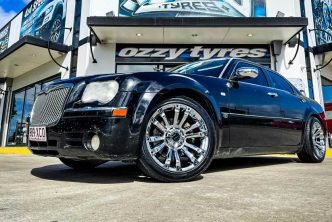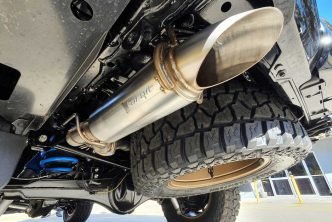The heat during the summer season can be really uncomfortable for a lot of people and things – such as your car. Extremely high temperatures can take a toll on your car that there is a high possibility that it will stop running while you are in the middle of the road. To prevent this from happening, here are some tips you can follow so your car can continue running optimally even during the summer season.
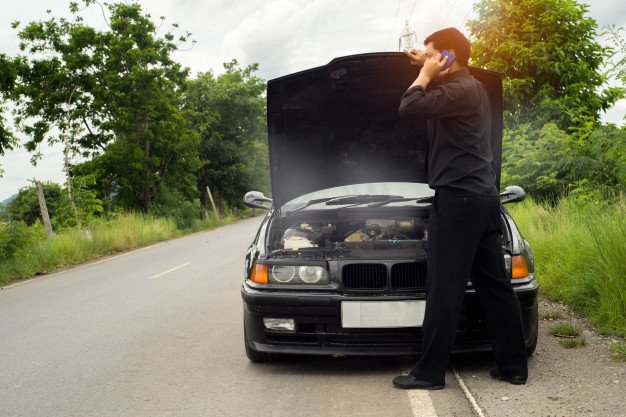
Table of Contents
#1 Ensure that your battery is adapted to hot temperatures.
Problems with car batteries do not commonly happen during cold weather. The heat during the summer season can have more negative effects on car batteries compared to freezing temperatures. Vibration and heat are bad for batteries, which can cause internal breakdown and overall failure of the batteries. Indeed, you cannot control the rising temperature during summer, but you can do something to protect your car battery from it. Make sure your battery is mounted securely to reduce vibration.
Another problem that might occur is the battery fluid might evaporate faster. This can lead to corrosion on the connection and terminals. Clean cable clamps and battery terminals from any corrosive buildup. Also, ensure that the clamps are secured enough that they do not move. If your car battery is over three years old, it’s recommended that you have a skilled technician examine it to find out how much longer they can function.
#2 Ensure that your tires are inflated properly.
When you drive with under-inflated tires, there is a high chance of a blowout and may cause your tires to overheat. This is especially true during extremely hot weather, which causes roads to be in really high temperatures. Inspect the tire pressures of your vehicle, including your spare, at least once monthly. This is because tires usually lose around 1 lb. of pressure each month through typical seepage.
For the most proper reading, inspect the pressures of the tires when they are cold. Remember to follow recommendations when it comes to inflation pressure in your owner’s manual. You can also find this information found in the driver’s door jamb or in the glove box.
Moreover, don’t use the inflation pressure formed into the sidewall of the tire, which might not be the right pressure for your car.
#3 Keep the engine cool.
Cooling systems act as protectors of your engine from overheating. Therefore, they should be flushed regularly as recommended by the manufacturer of your car. Ensure that the coolant is filled in between flushes to the right level by inspecting the overflow reservoir. If needed, fill the reservoir with a 50-50 mixture of the type of coolant specified by your car manufacturer and water.
It is crucial that you remember not to remove the radiator cap when your engine is hot. Coolants under pressure that are boiling can cause you serious injuries. Rubber parts of cooling systems are prone to heat-related depreciation, so examine periodically drive belts and hoses for any soft spots, cracks, and other indications of bad condition.
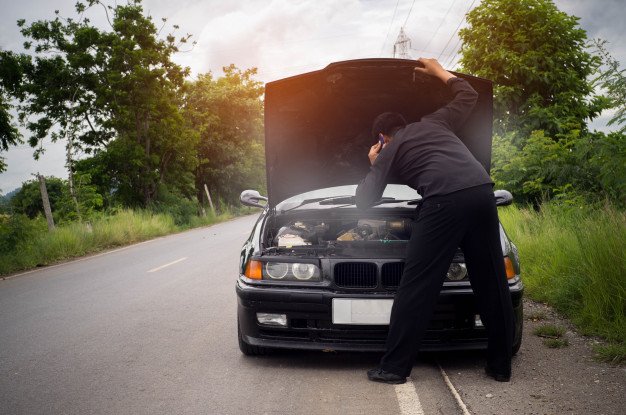
#4 Keep a comfortable environment for driving.
Make sure that your car interior is also clean and hygienic. Accessories such as boot liners, dash mats, floor mats, and seat covers do need to be cleaned and disinfected regularly and replaced as needed. Disease-causing germs can settle in the fibers and crevices of these accessories even with frequent cleaning. Make sure you know where to get custom-fit auto accessories for your Toyota Hilux or other vehicle when you need them.
An airconditioning system is not only for pleasant driving during the hot weather. Aside from keeping you comfortable when driving, the AC system can decrease fatigue, which is essential for car safety and driver alertness.
If the airconditioning system of your car is not as effective as it used to be, there is likely to be a problem or the level of the refrigerant is low. Either way, have it inspected by a certified and skilled technician. Moreover, if your vehicle contains a cabin filter, it should be examined and changed as necessary to make sure that the cooling and airflow are at their maximum during the summer season.
#5 Ensure that fluids are at the right levels.
Generally, engine fluids act as lubricants and function as coolants by aiding in transporting heat away from the crucial parts. When the fluids have low levels, the cooling effect is decreased, resulting in a higher chance of overheating.
Inspect all car fluids regularly, such as the transmission fluid, brake fluid, power steering fluid, and motor oil. Make sure that they are at the proper levels. If you need to add to any of your car fluids, ensure that you use the fluid type specified in your manual.
#6 Prepare yourself for summer disruptions.
Summer disruptions can still occur even if you have performed the proper preventive maintenance of your car. So, it is highly recommended that you have a comprehensive emergency kit in your car. The emergency kit should contain jumper cables, a flashlight, extra batteries for your flashlight, an emergency beacon or road flares, first aid kit, basic hand tools, water, and imperishable food.
These are the preventive maintenance tips to follow to make sure your car is prepared for the summer season. These are really simple and you can do most by yourself! Remember, if you are not sure, it’s always better that you have your car examined by a skilled technician to make sure that everything in your car is properly attended.

